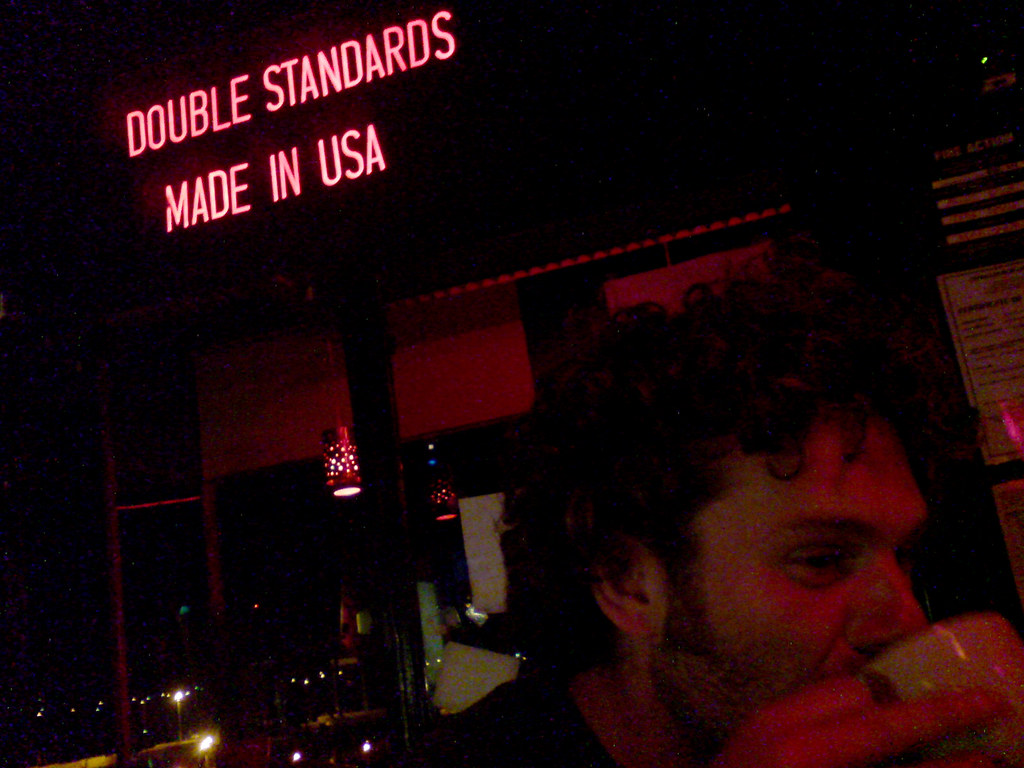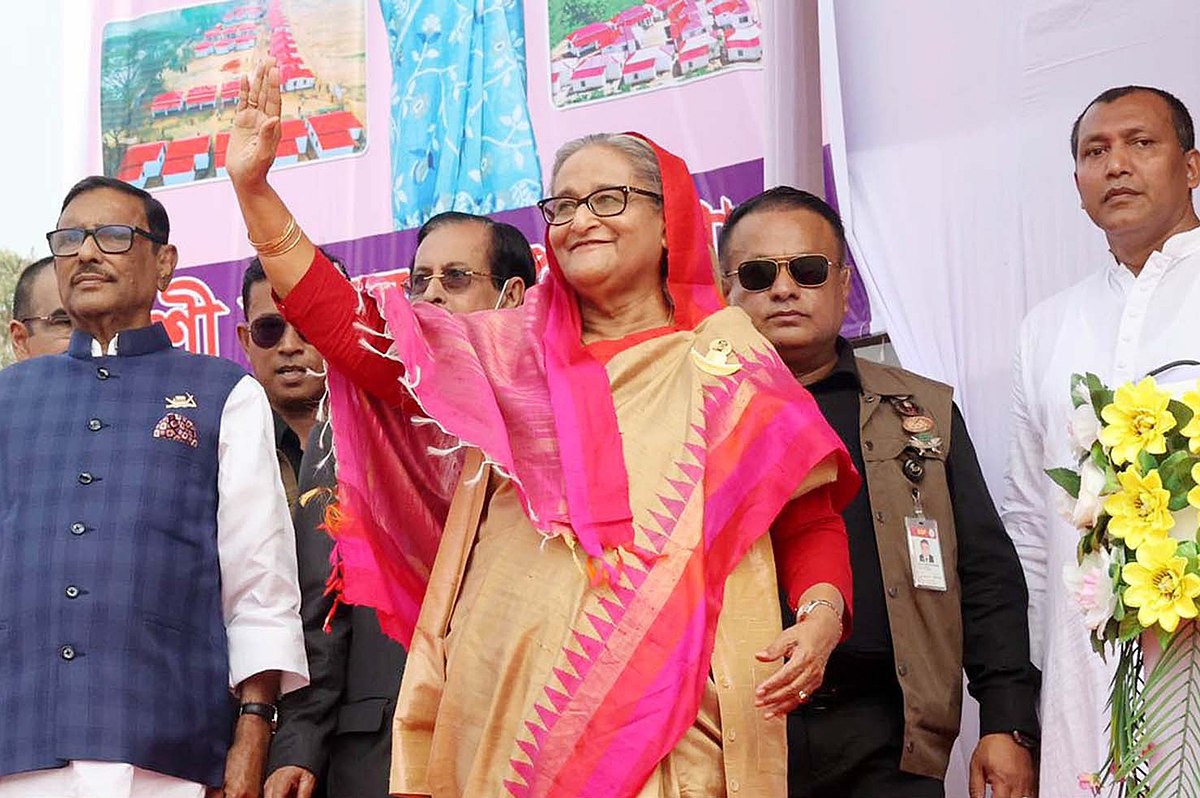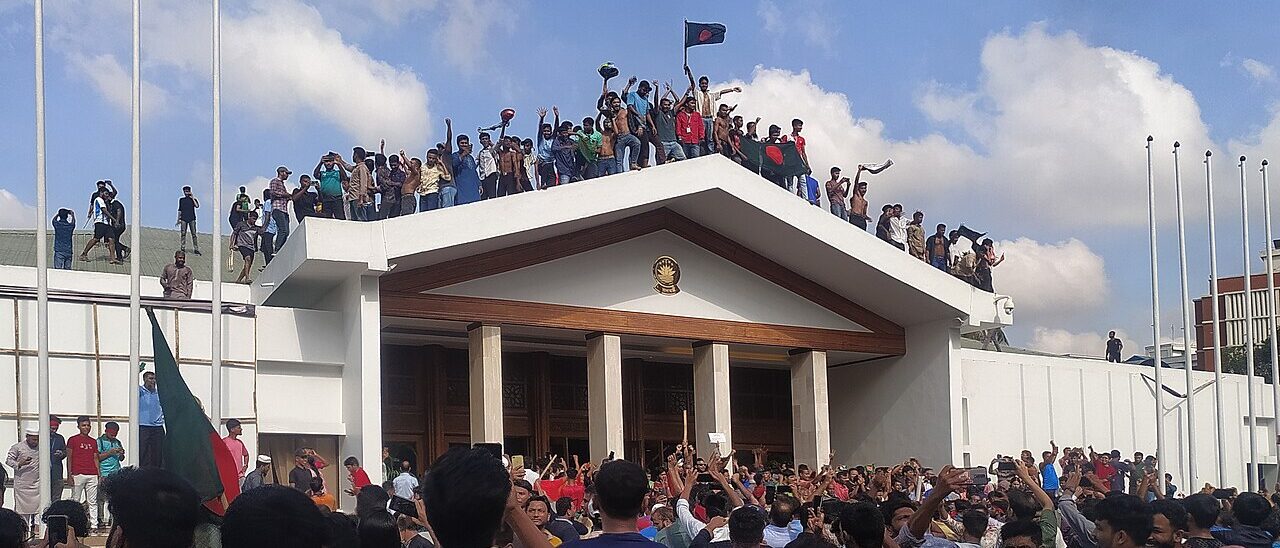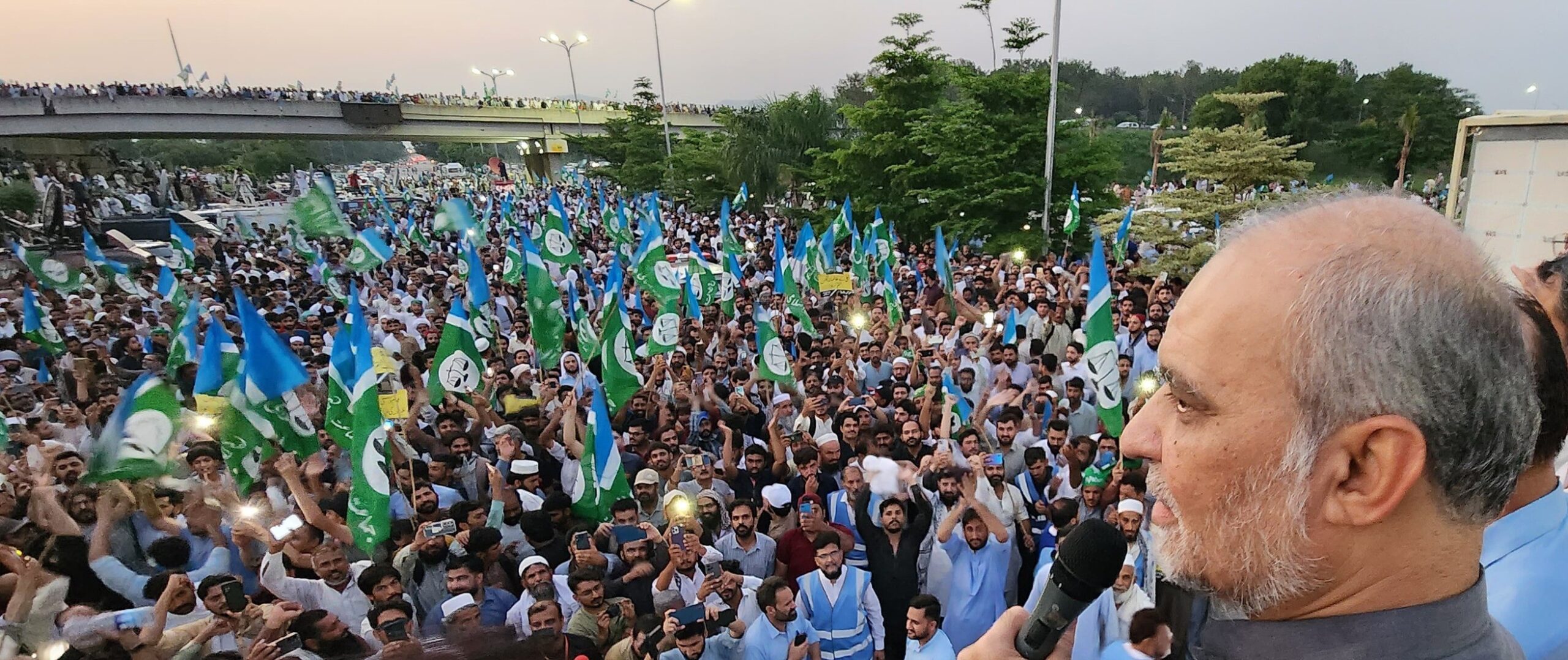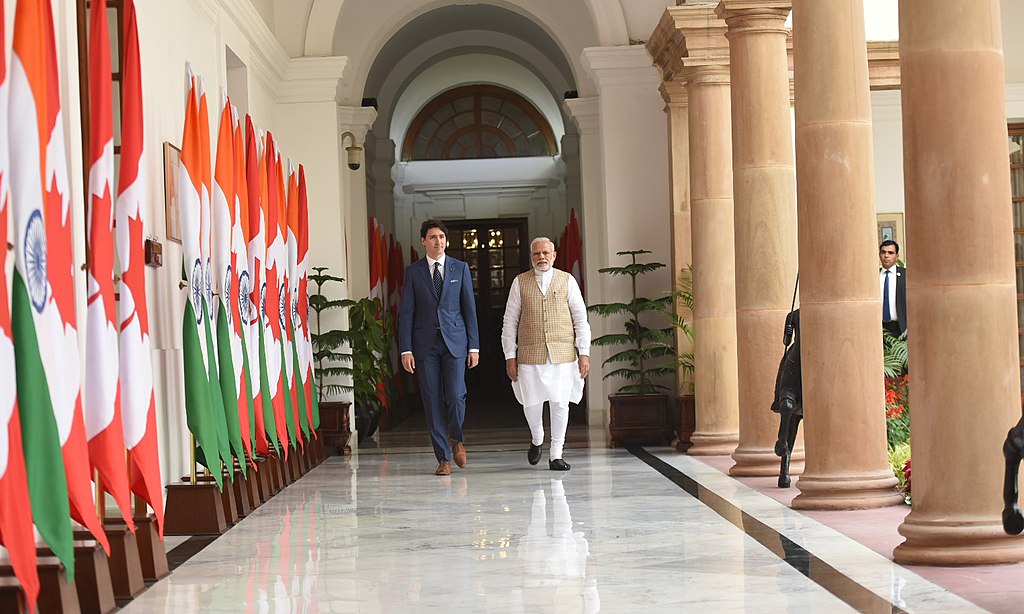By Salman Abid
A thought-provoking conference was organised by the University of Okara in Lahore
Educational institutions including universities, think tanks and people who build public opinions have the most important task related to research on crucial national issues.
Those international, regional, national, political, social, economic, moral and legal issues are directly linked to governance, decision-making and the bilateral relationship. Only political, rational and cognitive solutions to these problems represent a nation as a respectful and responsible society globally or at the national level.
The wave of Islamophobia has created a divide between Muslims and non-Muslims all over the world particularly in the West. The religious prejudice against Islam is evident and as a result, Islam and Muslims are not only being made a target but attempts are also being made to propagate that Islam encourages extremism and terrorism. Under a well-hatched policy, Islam is being connected to extremism and terrorism based on anarchy, violence and hatred that is plaguing the Muslim world.
This is why this problem is not only a matter of grave concern for the Muslim world and scholars connected to the Muslim counties but it also rings the alarm bells about Islamophobia across the globe.
The General Assembly of United Nations has approved a revised Global Counter-Terrorism Strategy with the same background and has demanded of the international community to take measures to counter new and emerging threats based on Islamophobia, racism and hatred.
The attempts were made by Pakistan along with other member countries of the Organization of the Islamic Cooperation (OIC) to get Islamophobia recognised as a rising threat of terrorism has been fruitful. Prime Minister Imran Khan has been presenting Islamophobia continuously as a major threat in front of the international community. In his words, “Islamophobia is a challenge not only for the Muslim world but also for the West. Islamophobia will weaken the West and can also become a reason for widening the gulf between them and the Muslim world.”
This prompted the United Nations, following the relentless efforts and pressure from the OIC and Pakistan, to resolve under the Global Counter-Terrorism Strategy to wipe out the differences of race and religion directly or indirectly and it emphasised stopping violence and hatred based on these differences from terrorist groups.
The UN Global Counter-Terrorism Strategy was approved in 2006 and it is reviewed biannually. Amendments are made in this strategy as required by the changing nature of terrorism.
University of Okara Vice Chancellor Dr Zikriya Zakir, a well-known social scientist, intellectual and educationalist, organised a thought-provoking conference in Lahore on the theme of Islamophobia.
He has a deep knowledge of social sciences and emphasises the culture of dialogue at educational institutes, independent research, new alternatives and the role of universities in solving state-level issues. Vice chancellors from different universities, academicians and media persons participated in this conference. Punjab Higher Education Commission (PHEC) Chairman Dr Fazal Khalid attended the conference as a chief guest.
Expressing his views, Dr Zikriya Zakir said Islamophobia was not just a religious issue but has transformed into an industry that has political and economic benefits for people connected to it.
In his words, “the reasons behind the spread of Islamophobia include intolerance, undemocratic values and outright negation of the right of equality. Before criticising the West, we should put our house in order first. There is a need for a dialogue between East and West that helps understand the case and problems of each other instead of reactionary politics.”
Dr Zikriya Zakir is that Islamophobia is a threat not only to the Muslim world but also to the West. Islamophobia will encourage extremist tendencies and besides widening the gulf between the East and the West based on religion or racism.
Factors such as the West considering itself superior to other countries or religions, targeting Muslims and particularly religion in every negative act or bringing up hatred and prejudice intensify the tendency of Islamophobia.
Pakistani nationals who are in minority abroad are facing problems related to Islamophobia in particular. Incidents related to Muslims facing extremism of different nature, terrorism and violence are taking place on daily basis in the West.
This resulted in bringing up factors such as extremism, terrorism and violent behaviour and thoughts in the Muslim world itself. They have also portrayed a wrong picture of the Muslim world or Islam in the West. So this needs to be understood that we are also making some mistakes and we create problems for ourselves by presenting a distorted image of Islam.
We have to counter Islamophobia with intellect, argument, evidence and cognitive thinking instead of reaction and emotions. The West should also understand that Islamophobia will be negating their moral values including secularism and liberalism. This is why the West should also review the policies that encourage extremism or terrorism instead of blaming others.
Our universities have an important role to play. They have to promote a culture of research and build a statement for the reasons behind this matter and other topics as well.
The young generation should be made aware on political as well as religious grounds that what Islamophobia is, how was it born and can we counter it. We have to present our counter-narrative against whatever is being spoken and written about Islamophobia in the West. But again, can our universities play any thought-provoking role in building a national, local or international statement besides in the field of education and research? We need to think and practical steps in this regard.

